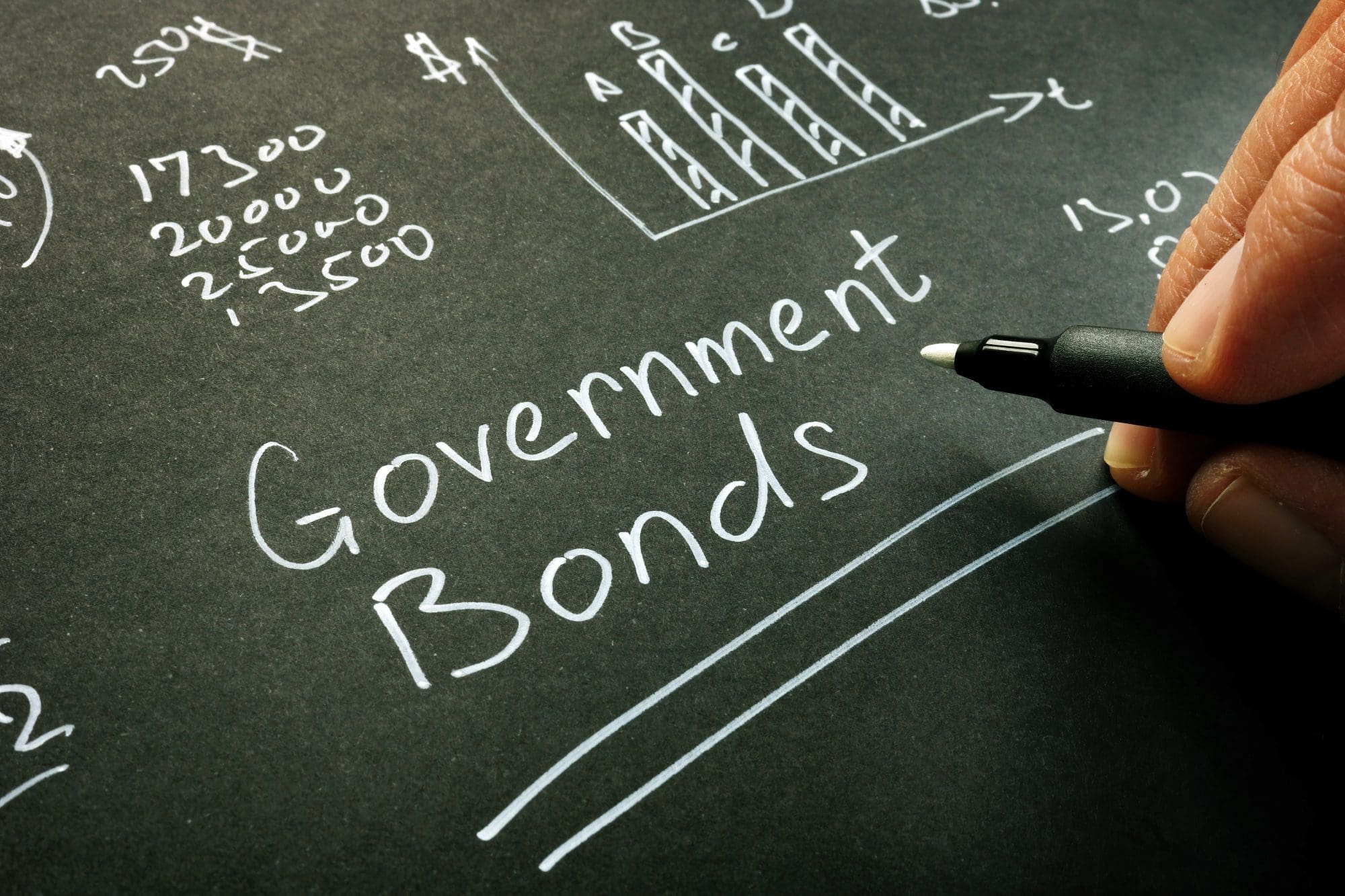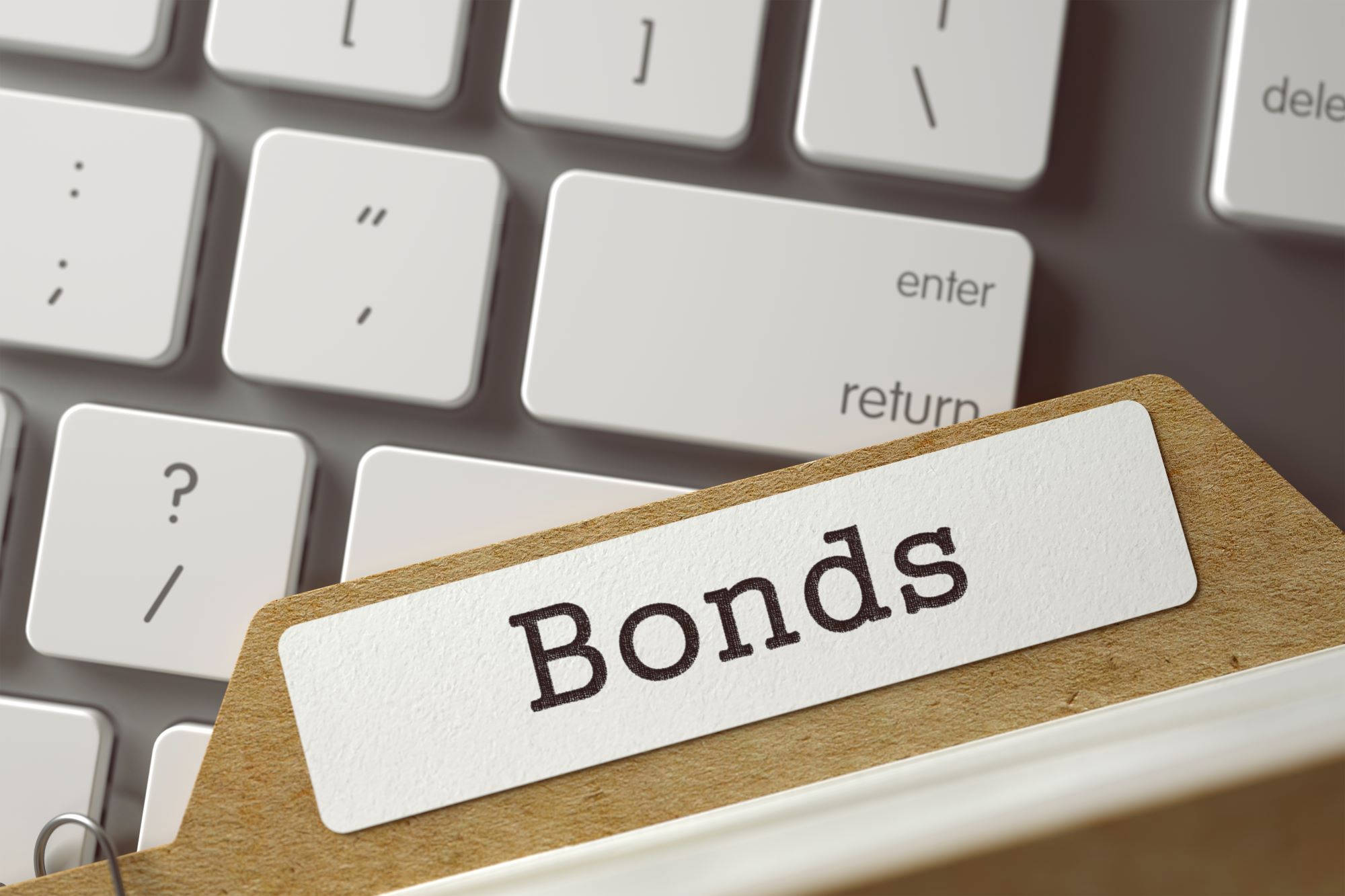
How to Invest in Kenya Government Securities
Last updated 01/03/2024
Debt instruments are one of the safest investment vehicles to consider, especially government-issued debt instruments. That’s because government-issued securities are usually backed by the country’s credibility and full faith, as well as its ability to levy taxes to meet the repayment of these liabilities.
The Kenyan National Treasury offers two government securities to invest in; treasury bonds (T-Bonds) or treasury bills (T-Bills). The difference between these two is that T-Bills are short-term investment vehicles of one year or less while T-Bonds are medium to long term, usually 1 to 30 years.
Related post: Types of investment assets in Kenya
Simple Guide on How to Invest in the Kenyan Government Securities
There are 2 types of government securities, bonds and bills. Here’s everything you need to know.
Investing in Treasury Bills (T-Bill)
The Central Bank of Kenya (CBK) auctions T-Bills weekly, which means there is a consistent opportunity to meet your investment needs. It offers T-Bills with maturity dates of 91, 182, or 364 days. Depending on your investment’s maturity date, you will receive your returns in 3, 6, or 12 months.
T-Bills have attractive interest rates ranging from 6% to 8%. Note that these rates are as of the writing of this article (in 2020) and might have changed since then.
For example, I checked the CBK site for T-Bills on offers while researching for this article. The site had 91-Day, 182-Day, and 364-Day T-Bills on offer. The site also shows the previous average interest rates for these offers as 6.861%, 7.333%, and 8.204%, respectively. (By the time you read this article, the rate will have changed, possibly increased. So be sure to check CBKs website to see recent rates to gauge the rate to bid)

Image at CBK, https://www.centralbank.go.ke/bills-bonds/treasury-bills/
One thing to note, though, is that CBK sells the T-Bills at a discount. That means you will pay less the face value (what the T-Bill is worth) but receive the face value at maturity.
For instance, if I were to invest Kes. 100,000.00 in a 364-Day T-Bill, I will pay less than Kes. 100,00.00 but receive the full amount upon maturity. Using the CBKs calculator, I will pay Kes. 93,571.45 and earn an interest of Kes 6,428.55 to make Kes. 100,000.00 (I have used the average interest rate for the 364-Day T-Bill on the table above).

Image screenshot from CBK calculation
You can invest in T-Bills directly through the CBK if you have an account with a local commercial bank. Alternatively, you can also invest as a nominee through an investment bank or a commercial bank.
First, you need to open a CDS account with the CBK. This is a one-time procedure for anyone who doesn’t have an account yet. Second, choose your preferred T-Bill, the 91-Day, 182-Day, or 364-Day option. You can use the recent interest rates to estimate what to expect from the upcoming auctions. It is also essential to consider how long you are okay with lending the money because you cannot access these funds until the maturity date.
You also get to choose the applicable rate to determine how much you will pay for the T-Bill and your return upon the bill’s maturity. There are two options to choose from, the Non-Competitive/Average Rate and the Interest/Competitive Rate.
The Non-Competitive/Average Rate uses a weighted average rate from the accepted bids. If you choose this rate during your application, you are guaranteed to get a piece of the auctioned T-Bills. However, there is a maximum face value of Kes. 20M.
On the other hand, the Interest/Competitive Rate option does not guarantee you will receive the T-Bil. This option allows you to indicate your preferred interest rate. The CBK chooses the bids to accept and the cutoff. If you submitted an interest rate above the cutoff, you would not receive a T-Bill from that auction.
CBK publishes the T-Bills on offer on its website, and you can keep tabs on it here. You will need a minimum investment amount of Kes. 50,000.00 to invest in T-Bills.
Related article: Investing In Bonds 101: Simple Beginners Guide on Bonds
Investing in Treasury Bonds (T-Bonds)
As mentioned, T-Bonds are medium to long-term investments, making them ideal for anyone with a long investment time horizon, like retirement. Although the CBK auctions T-Bonds every month, there are other bond offers throughout the year to consider.
Most bonds have a fixed rate, meaning the rate of return CBK chooses during the auction applies throughout the bond’s life. That means you will receive a regular coupon, which is usually paid semi-annually for most bonds. With this, you will receive the interest return twice a year.
Investing in T-Bonds also requires one to have a CDS account. You then choose your preferred bond based on what the CBK is auctioning and your investment horizon (time). Some of the bonds available include:
- Fixed coupon bonds
- Zero-coupon bonds – these are issued for a shorter period and at a discount, like T-Bills. The binds do not have a coupon, i.e., you will not receive any interest payments during the bond’s life.
- Infrastructure bonds – the government uses these to raise funds for particular infrastructure projects. They are also tax-exempt.
You can stay updated on the upcoming bond offers using this link. The prospectus will show you all the details you need to make an informed decision, like the maturity period, coupon rates (if it is already determined), when to receive the coupons, applicable tax, and when to receive the redemption payment (your initial investment amount).
When applying for bond investment, you need to indicate what bond you are interested in using the issue number, how much you are willing to invest (the face value), the duration, and other personal details.
Like T-Bills, you also have a chance to choose a rate for your investment. If the bond has a pre-determined coupon rate from the prospectus, your only choice is the Non-Competitive/Average Rate. If the prospectus indicates the coupon rate will be market-determined, you can choose between the Non-Competitive/Average Rate or the Interest/Competitive Rate.

Image @CBK, https://www.centralbank.go.ke/bills-bonds/treasury-bonds/
The coupon rates for the bonds are quite friendly, with some hitting 17%. To invest in Kenyan T-Bonds, you need a minimum amount of Kes. 50,000.00.
You can rediscount your bonds, meaning selling the bonds back to the CBK if you are in a tight spot and need the money. However, the CBK will buy back the bonds at a low rate. This rate is set to encourage one to hold the bond until maturity. Alternatively, you can sell the bond in the secondary market, like the NSE, where other investors might buy it at a better price than the rediscounting rate.
The DhowCSD Portal and App
CBK has made investing in government securities much easier. And in this age of tech, this was long overdue! Still, we are glad that we are finally here.
In August 2023, CBK launched the DhowCSD portal and App on iOS and Google Play to help ease investing in government securities. The portal and apps enable investors to register CSD accounts, place bids, pay for approved bids, and access their investment statements.
The process is simple, and CBK has provided a user guideline. But let me give you a quick guide to using DhowCSD.
If this is your first time, you first need to register to get a CDS account`. It’s a fairly simple process. Just click on ‘Create Account.’ Then, provide all the required information, including;
- Name
- Mobile number
- Identification details, i.e., ID or passport number
- Upload personal documents, ID, KRA Pin, and KRA Exemption certificates, if any
- Upload passport photo
- Bank name and account number
The approval process should take 2-3 days. I am not sure about this, though, because I tried it a few weeks ago, and I am yet to hear back. I will follow up on this and provide an update.
When your account is approved, you will receive an email notification. Log in to your account, go to ‘My Account Information/Settings’, and navigate to ‘Settlement Details’ to access your CDS account. You must do this process within 7 days of your account’s approval.
After this, you can proceed to place bids on your preferred bills or bonds.
What Next?
When your bid is successful, you will receive a message. But you should also make a point of contacting CBK once they announce the results of a floated security to confirm whether your bid was successful. This is when you will also get more information about payments, like how much to pay and account details. Ensure that you make the payment before the deadline. This is usually by the following Monday by 2 PM. And, if the Monday in question is a public holiday, then make the payment before Tuesday 2 PM.
If you are investing less than Kshs. 1M, you can make your payment through cash or a banker’s cheque. However, if you are investing more than Kshs. 1M, you will have to make your payment through a KEPSS/RTGS transfer.
What Else Should You Know?
The returns from government securities are lower than other investment assets like real assets, although the risk is lower and mostly guaranteed. Although the return is low, it is still better than having your money sit in a current bank account, earning little to no interest. Both the T-Bill and T-Bond application forms have an option of rolling over your initial investment plus the interest earned for re-investment. In the unfortunate event you die before your investments’ maturity date, it is important to have your will up to date, so your beneficiaries can claim these securities.
Related article: What to consider before making investment decisions
About M-Akiba
Unfortunately, not every Kenyan can afford to dish out Kes. 50,000.00 or above in a lump sum to invest in government securities. This left out the common mwananchi in such investment opportunities, and most government securities investments were for wealthy investors, corporates, and foreign investors.
That’s where M-Akiba comes in.
It is a government initiative that allows Kenyans to invest in the government’s retail bonds through their mobile phones. The government usually uses the funds raised through M-Akiba to fund developmental and infrastructural projects.
With M-Akiba, you get to do everything from your mobile device, including account registration, buying, selling, and settling transactions. You can invest as low as Kes. 3,000.00. The maximum investment amount is Kes. 140,000.00 per day for every account. At maturity, you will receive your payments through your mobile phone. The returns for M-Akiba bonds are 10% per annum, with semi-annual coupon payments. The bonds are also tax-free.
PS: While I have no personal experience with M-Akiba, I hope to have one soon enough and be able to offer my real-life experience and review. However, I would like to note that this is a great investment opportunity in government securities for low-income earners. When the government issues the next M-Akiba bond, you can consider investing the little you might have. The last M-Akiba 2 bond payout was done in September 2020.
FAQ
What’s The Difference Between a Treasury Bond and a Treasury Bill
While both are government securities and rank among the safest investment assets for the risk-averse, they have some differences.
One of the key differences is the maturity period. On the one hand, T-Bills are short-term, with a maturity of less than a year. The CBK floats T-Bills with varying maturities, usually 91, 182, and 365 days. On the other hand, T-Bonds have a longer maturity, usually 5+ years.
Second, T-Bills are only issued at the primary market, and you can not trade in the secondary market, i.e., the NSE (Nairobi Securities Exchange). However, you can buy T-Bonds from both the primary and secondary markets.
Finally, T-Bills require a minimum investment amount of Ksh. 100,000, whereas most bonds require a minimum amount of Ksh.50,000. Not that I said most bonds because, in the case of infrastructure bonds, you need a minimum of Ksh. 100,000.
What’s the Minimum Amount I Need To Invest in Kenyan Government Bonds?
As mentioned above, the minimum allowable amount will depend on the type of bond you want to invest in. Fixed-rate bonds will require a minimum investment amount of Ksh. 50,000. For infrastructure bonds, you will need a minimum amount of Ksh. 100,000.
What Is The WithHolding Tax Rate For Interest Returns on Bonds?
The WHT from your bond interest returns will vary depending on the bond’s maturity periods. For bonds with a maturity of up to 9 years, the WHT is 15%. Bonds with a maturity of 10+ years attract WHT of 10%.
Keep in mind that WHT doesn’t apply to all bonds. For instance, infrastructure bonds are tax-exempt. That means the issuer will not withhold 15% of your interest returns.
Additionally, if you are tax-exempt and have a certificate, your interest returns will be exempted from taxes. So, the WHT will also not apply to all your bond investment returns.
Can I Trade My Bond Investment In The Secondary Market?
Yes, you can trade your bond in the secondary market at the NSE. However, bonds are illiquid assets, unlike cash and equivalents, like fixed deposit accounts and Money Market Funds.
You will have to work with an approved agent who can help you facilitate the process. The NSE has a list of approved agents.







Issa mwiti
Very very resourceful and informative article..
Well done and kip it up
Enid Kathambi
Thank you, Issa.